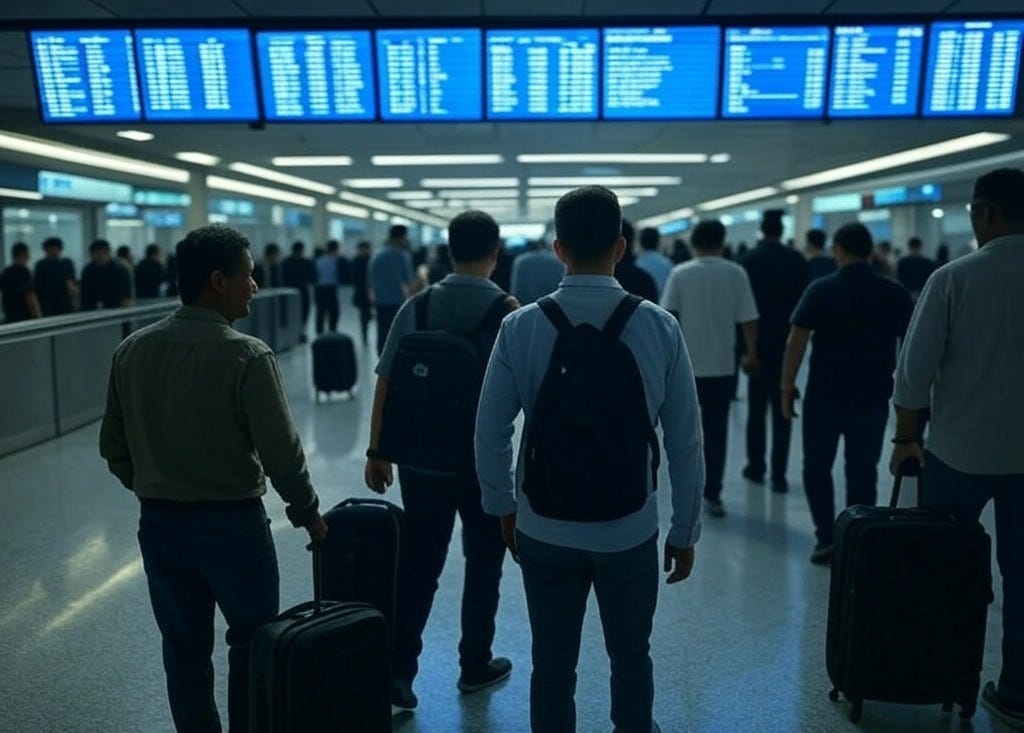Hello friends!
I recently returned from a trip to Pakistan and, like many of you, had seen alarming social media posts about phones being confiscated or travelers facing deportation at U.S. airports. Despite holding a U.S. passport, I couldn't help but feel a bit anxious. However, my experience was quite the opposite: the immigration officer was courteous, and I was through in under a minute—no phone checks, no issues.
This led me to delve deeper into the realities of U.S. border procedures. Here's what I discovered:
1. Device Searches Are Rare
In Fiscal Year 2024, U.S. Customs and Border Protection (CBP) conducted searches on 47,047 electronic devices out of approximately 420 million travelers. This accounts for less than 0.01% of all international arrivals.
2. Understanding CBP's Authority
CBP has the authority to search electronic devices without a warrant at U.S. borders. These searches can be categorized as:
Basic Searches: Manual examination of your device.
Advanced Searches: Use of specialized equipment to review, copy, or analyze data.
3. Who Faces Higher Scrutiny?
While most travelers pass through without incident, non-citizens, including visa holders and lawful permanent residents, may be subject to more extensive checks. For instance, in a notable 2025 case, a doctor on an H-1B visa was deported after CBP agents found material on her phone that reportedly raised some security flags.
4. Legal Landscape
The authority for border searches dates back to the nation's founding, traditionally applied to physical items. Its extension to digital devices has been upheld by courts, though debates continue regarding privacy rights.
5. Practical Advice for Travelers
Minimize Sensitive Data: Consider limiting the amount of personal or sensitive information on your devices when traveling internationally.
Be Prepared: Understand that refusal to unlock devices may lead to delays or potential confiscation.
Know Your Rights: While CBP can conduct searches, being aware of your rights can help you navigate the process more confidently.
In conclusion, while the prospect of device searches and heightened scrutiny can be unsettling, the actual occurrence is rare. Always verify the information you see on social media. My recent experience was seamless, and for the vast majority of travelers, this holds true. Staying informed and prepared can help ensure a smooth re-entry into the U.S.
Share this newsletter with your friends for more future updates.
Safe travels,
Aftab Borka





How to move Pakistan to USA